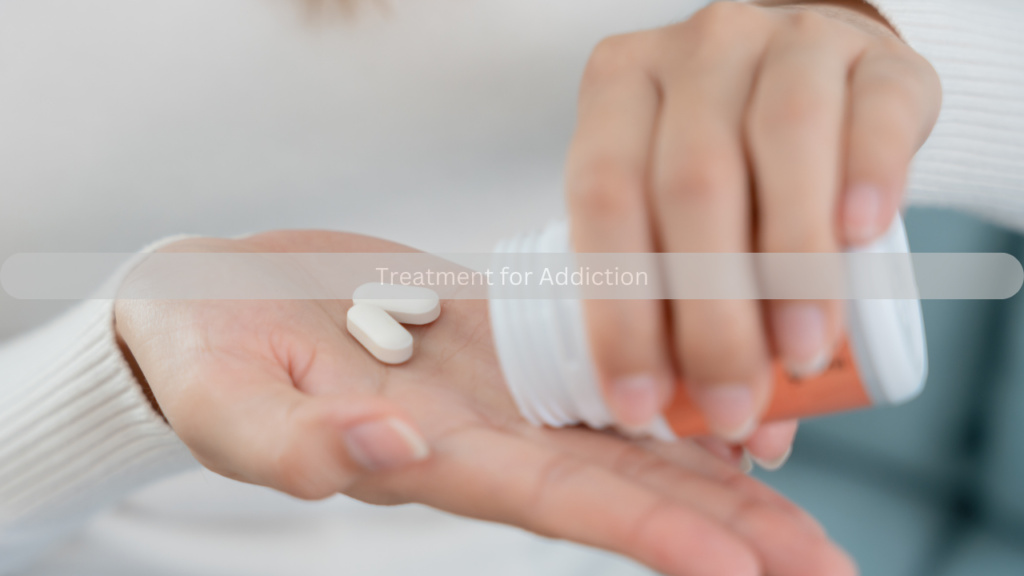Choosing the Right Level of Care: A Guide to Rehab Options

When seeking treatment for addiction, understanding the different levels of care available is essential to making informed decisions. Addiction affects individuals in varied ways, so rehab programs offer different intensities of care based on the severity of the addiction, personal circumstances, and any co-occurring mental health issues. Selecting the appropriate level of care increases the chances of a successful recovery and long-term sobriety.
What Are the Levels of Care?
Rehab centers provide several levels of care, ranging from highly structured inpatient programs to flexible outpatient treatments. Each level is designed to meet patients at different stages of their recovery journey. To choose the right level of care, it’s important to assess your own needs and the intensity of your addiction.
- Detoxification (Detox):
Detox is often the first step for individuals with a strong physical dependence on substances like alcohol, opioids, or benzodiazepines. During detox, the body eliminates the substance while medical professionals manage withdrawal symptoms. Depending on the substance and duration of use, detox can be intense, making medical supervision critical. Detox alone does not treat addiction but is a vital precursor to rehab that prepares individuals for deeper therapeutic work. - Inpatient or Residential Treatment:
Inpatient care offers the highest level of structure and support, making it ideal for people with severe addictions or co-occurring mental health disorders. Patients live at the facility full-time, typically for 30 to 90 days. This setting provides a safe, controlled environment, away from external triggers and stressors, allowing individuals to focus entirely on recovery. Inpatient rehab includes individual and group therapy, medical care, and holistic support services. This intensive approach is particularly effective for people who need to remove themselves from toxic environments or have struggled with relapse in the past. - Partial Hospitalization Program (PHP):
PHP provides a high level of care similar to inpatient treatment but with more flexibility. Patients attend therapy and medical sessions during the day and return home in the evening. PHP is suitable for individuals who need significant support but prefer to maintain some degree of normalcy in their daily lives. It is often used as a step-down program for those transitioning from inpatient care or as an initial treatment option for people with moderate addiction. PHP typically involves 20 to 30 hours of therapy per week, focusing on building coping skills and addressing underlying psychological issues. - Intensive Outpatient Program (IOP):
IOP offers a less intense level of care compared to PHP, allowing individuals to continue with daily responsibilities like work or school while attending therapy several times a week. IOP is an excellent choice for people who need support but have a stable home environment. It provides therapy sessions in the evenings or weekends, allowing for greater flexibility. IOP focuses on relapse prevention, skill-building, and addressing emotional and psychological triggers. It is also a common follow-up treatment after completing a more intensive rehab program. - Outpatient Treatment:
Outpatient care is the least restrictive level of care and works best for individuals with mild addictions or those who have completed higher levels of treatment. In outpatient programs, patients continue living at home while attending therapy and support groups on a weekly basis. This level of care is ideal for individuals with strong social support and a low risk of relapse. Outpatient care is typically used for maintenance, providing ongoing therapeutic support as individuals reintegrate into daily life.
How to Choose the Right Level of Care
Choosing the right level of care requires an honest assessment of the severity of the addiction, personal circumstances, and support systems. Consider the following factors:
- Severity of addiction: People with severe or long-term addictions often need the structure and support of inpatient care, while those with milder addictions may benefit from outpatient programs.
- Co-occurring disorders: Individuals with mental health issues like depression, anxiety, or trauma may need a higher level of care, such as inpatient or PHP, where both addiction and mental health can be addressed simultaneously.
- Support system: A strong family or social support system can make outpatient care a viable option, while those without support may benefit from the structure of inpatient programs.
- Work or family obligations: Outpatient and intensive outpatient programs allow for greater flexibility, making them suitable for individuals who need to maintain work or family responsibilities during treatment.
Conclusion
The right level of care plays a critical role in achieving long-term recovery. Whether you need the intensive support of inpatient care or the flexibility of outpatient programs, there are rehab options designed to meet your specific needs. By evaluating your addiction severity, mental health, and personal circumstances, you can choose the level of care that best sets you on the path to sobriety and lasting wellness.